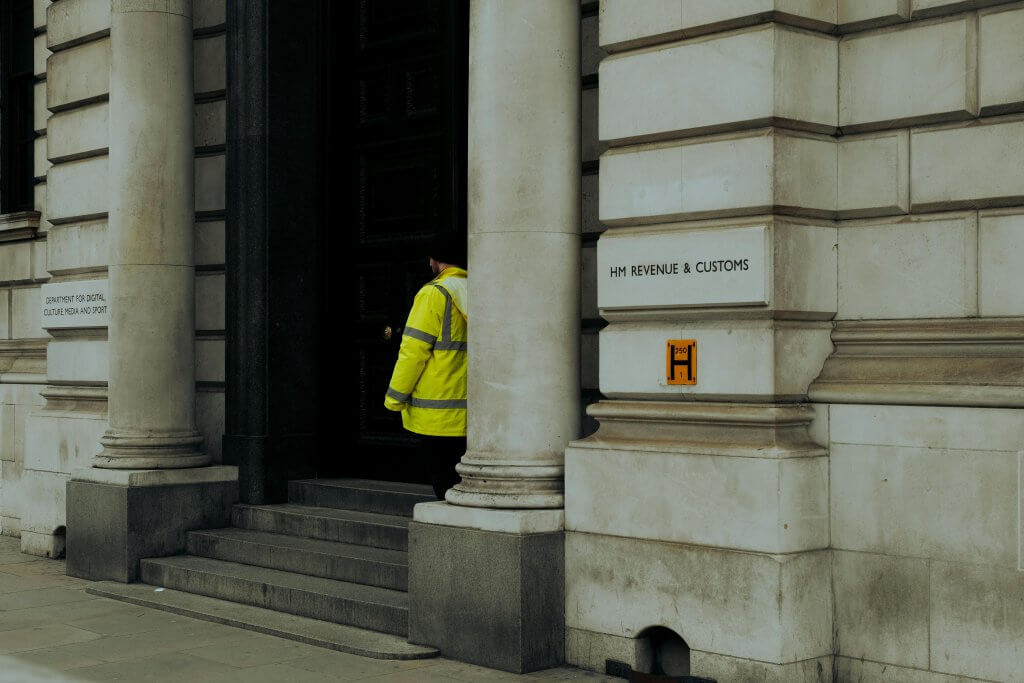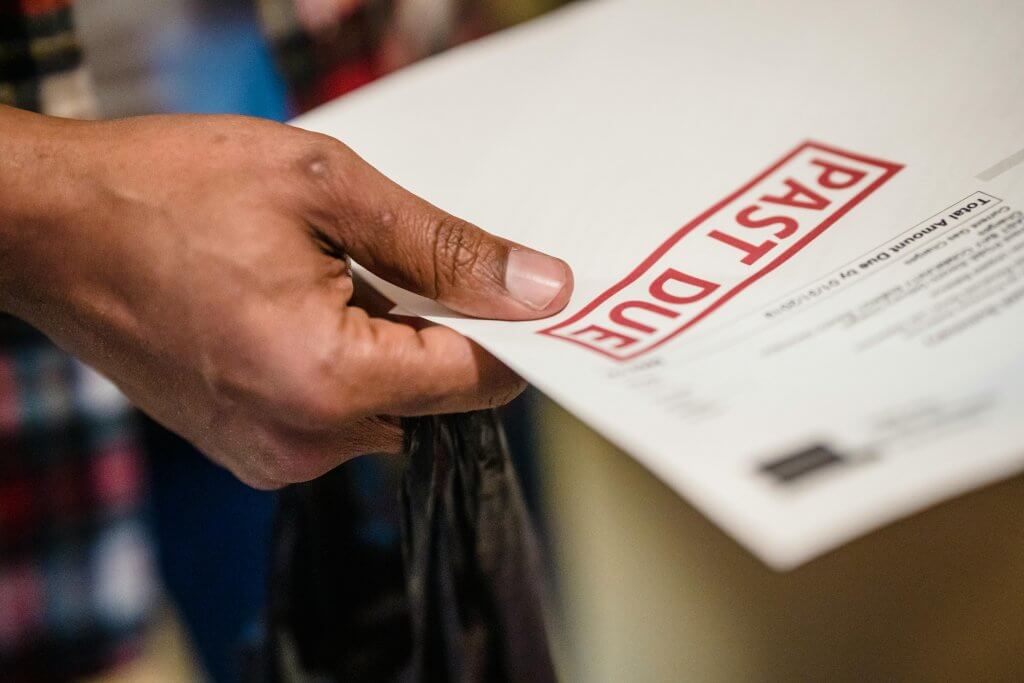Navigating insolvency: Does your company structure protect you?
Running a business can be exciting and enormously rewarding. But there can be challenges too. If you lay financially and legally resilient foundations, you’ll be able to face any challenges with determination rather than dread.
Here we run through all you need to know about limited liability as a company director or shareholder.
What does limited liability mean?
Put simply, limited liability means limiting your exposure as a company director or shareholder in case the company gets into future financial or legal difficulties.
The pressures of running a business can be demanding enough, so limiting your liability is an important way of protecting personal assets and easing the burden of potential insolvency. The most common way to limit liability is to set up your business as a limited company.
What is a limited company?
To benefit from limited liability, prospective directors and shareholders must incorporate a business at Companies House and register it as a limited company. Once created, the company is then considered a separate legal entity from its directors.
This gives directors and shareholders protection from the company’s financial burdens in the case of insolvency and liquidation. Generally, they would only be responsible for company debt or losses up to the value of the shares they own in the business.
There are several ways to structure a business with limited liability (as a private company, a public company or as a limited liability partnership) and they all shield the directors’ personal assets from business liabilities. A private limited company can be limited by “shares” which is the amount shareholders have paid for their shares, or by “guarantee” which is usually set at a nominal £1 for each director.
What are the alternatives?
Many small business owners start out as sole traders. Here, the business owner and the business are the same legal entity.
Being a sole trader doesn’t limit your liability. As a sole trader, your business obligations and paperwork are simpler. But your potential liability is greater. Your personal assets (your savings, home or car, for example) can be at risk of being used to pay business debts and other liabilities.
When does limited liability not apply?
Limited liability can give a business greater credibility and allow directors and shareholders the peace of mind to make entrepreneurial decisions, but it’s not completely bulletproof. In some instances, limited liability can be challenged.
Personal guarantees
On occasions, a company director might provide a personal guarantee to a creditor – for example, to secure a loan. Because a limited company gives its directors limited liability, a lender might ask for a personal guarantee that the director will take responsibility for any borrowing that the company might not be able to repay.
Fraudulent trading
If a director or shareholder willingly involves themselves or the company in fraudulent or otherwise illegal activity, limited liability will not protect them and they can be held liable for any resulting debts.
Wrongful trading
Once a director is aware that the company is at risk of becoming insolvent, they mustn’t do anything that will make the company’s situation worse and must act in the best interest of its creditors. If not, they can be held personally liable for any attributable debts.
Mitigating liability concerns
Potential liability can often be avoided with careful planning and well-informed action. Business liability insurance policies can give additional reassurance that a company and its directors are protected against certain liabilities.
Most company directors act honestly and are driven by the best interests of the company. And even the most challenging of situations can be managed by seeking timely professional help.
If potential insolvency is on the horizon, a licensed insolvency practitioner can be invaluable in helping steer the company back into the black with a business rescue plan.
Liability and insolvency support
If you have questions about actual or potential liability for your business’ debts or if you need support navigating insolvency, we can help.
Your business is unlike any other, with its unique strengths and struggles. Your goals, together with our expertise, inform and shape our advice, which is completely tailored to your specific circumstances.
At FA Simms we look at all the options. We want your business to succeed and can often save a company using solutions that aren’t obvious. If a positive outcome is possible, we’ll do our utmost to find it.
With our business rescue method, you benefit from our years of experience guiding businesses like yours through financial challenges. Whatever your situation, we’ll answer all your questions and suggest some achievable next steps.




